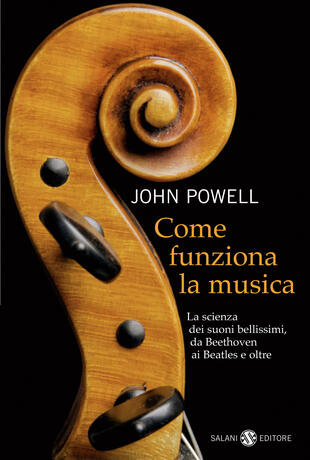

Sinossi
Tutti parliamo di musica: qual è la canzone o il gruppo preferito, qual è lo strumento che stuzzica, emoziona o immalinconisce. Ma chi sa definire cos’è realmente la musica, o stabilire con precisione la differenza tra un rumore e una nota? Chi sa dire perché il primo è brutto e la seconda è bella? E perché certi suoni sono capaci di intristirci o entusiasmarci? Molte persone sono convinte che la musica sia interamente fondata sull’arte. Non è così. Sotto la componente creativa della musica ci sono le leggi della logica, dell’ingegneria, della psicologia e della fisica, e nel corso degli ultimi due millenni l’evoluzione della musica è stata una continua interazione tra arte e scienza. Il primo libro che rivela in modo agile e divertente ciò che perfino chi fa musica spesso ignora ma che farebbe bene a sapere, e aiuterà anche i semplici appassionati ad aumentare il proprio piacere d’ascolto.
- ISBN: 8862568584
- Casa Editrice: Salani
- Pagine: 304
- Data di uscita: 26-01-2012

